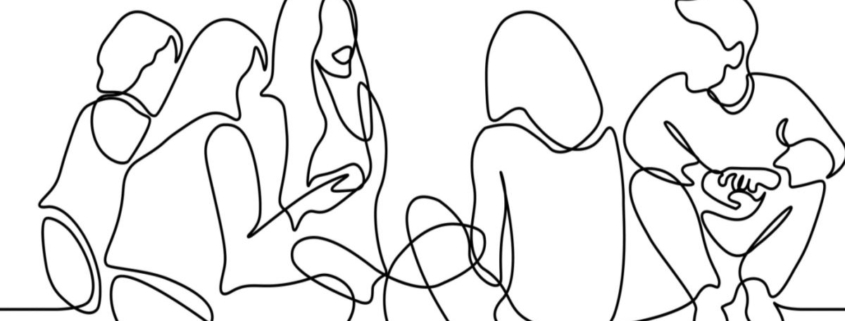Systems Won’t Change Until People Do.
Not too long ago, I was working with an executive who believed her team didn’t need her anymore. She wanted so badly to engage her colleagues in critical conversations on diversity, equity, and inclusion but she felt uncomfortable leading conversations without being an expert on the issues. She doubted her ability to lead the work, which ultimately led to her team doubting her too.
Over time she began to retreat until we shared in an a-ha moment. She’d never get the engagement she wanted from her team, nor any real shot at disrupting the inequitable systems their organization was working to upend, until she changed how she engaged as a leader: openly, honestly, and without all the answers.
Once her mindset shifted, so too did her communications style. She became more candid and less controlled. She started to see that how we communicate has a direct effect on the resulting work. Trust was deepened, the team began to flourish, and the outcomes became more meaningful.
Truth is I could tell this story hundreds of times over, about leaders who doubt their effectiveness (me included), and how their organizations struggle as a result. But never have I seen this issue as pronounced as I see it in today’s work environment. According to one recent study, 9 out of 10 people feel emotionally or physically unsafe to speak their minds in the workplace.
If we can’t engage one another on important topics, how can we expect any sort of real or lasting change to take hold?
If you’ve ever felt a similar way in your workplace or volunteer position, consider exploring your role as a communicator for change. Jot down the times you find yourself holding back from a conversation that you want to be more engaged in, and consider what if:
- What if you reached out to a few colleagues to explore individual or small group conversations on key topics, rather than diving into a large group conversation?
- What if you led a listening session with a few interested colleagues rather than facilitate a large group discussion?
- What if you didn’t wait until you had all the answers, but explored those answers together with your colleagues?
What change might start to take hold, as a result?
I’ve long believed that for leaders working to create systems change in any sector—be it education, health, journalism or the arts–communication is one of the greatest levers for change. It’s far more of a power skill than many people believe, and yet too many people leave it to the “experts” to advance. But here’s the thing: How we engage on difficult topics comes down to how we view and value communications, and more importantly, how we view and value each other. We need bridges to communicate now more than ever, particularly if we’re in this for systems-changing results.
You can be that bridge.
Bottom line: if you’re looking to change systems, advance social justice, or just leave the world better than you found it, think about what you might change in your own communications to help make it happen. You don’t need to have all the answers, but you do need to show you care. At the end of the day, that’s what will be remembered most.
Ready for more? Join our Communicator for Change movement, launching soon.
This is week 31 of the Finding The Words column, a series published every Wednesday that delivers a dose of communication insights direct to your inbox. If you like what you read, we hope you’ll subscribe to ensure you receive this each week.





 Check out our new
Check out our new